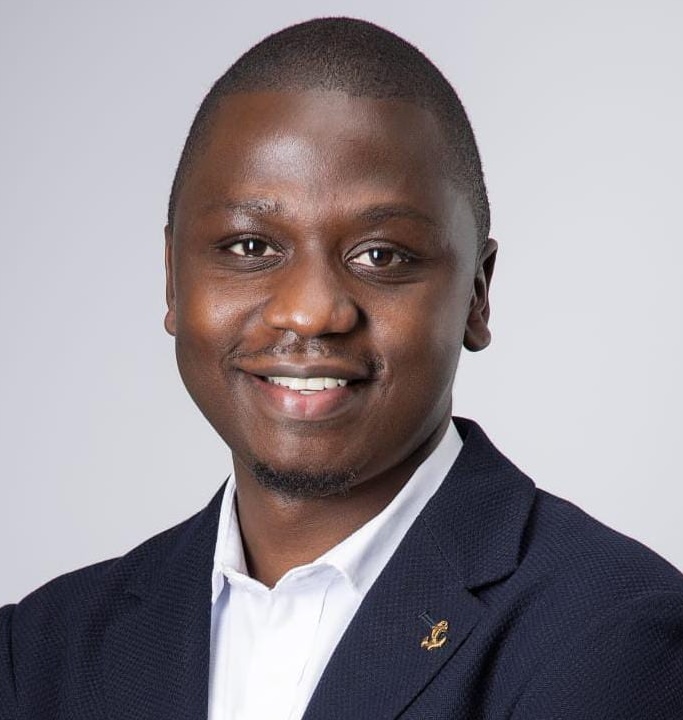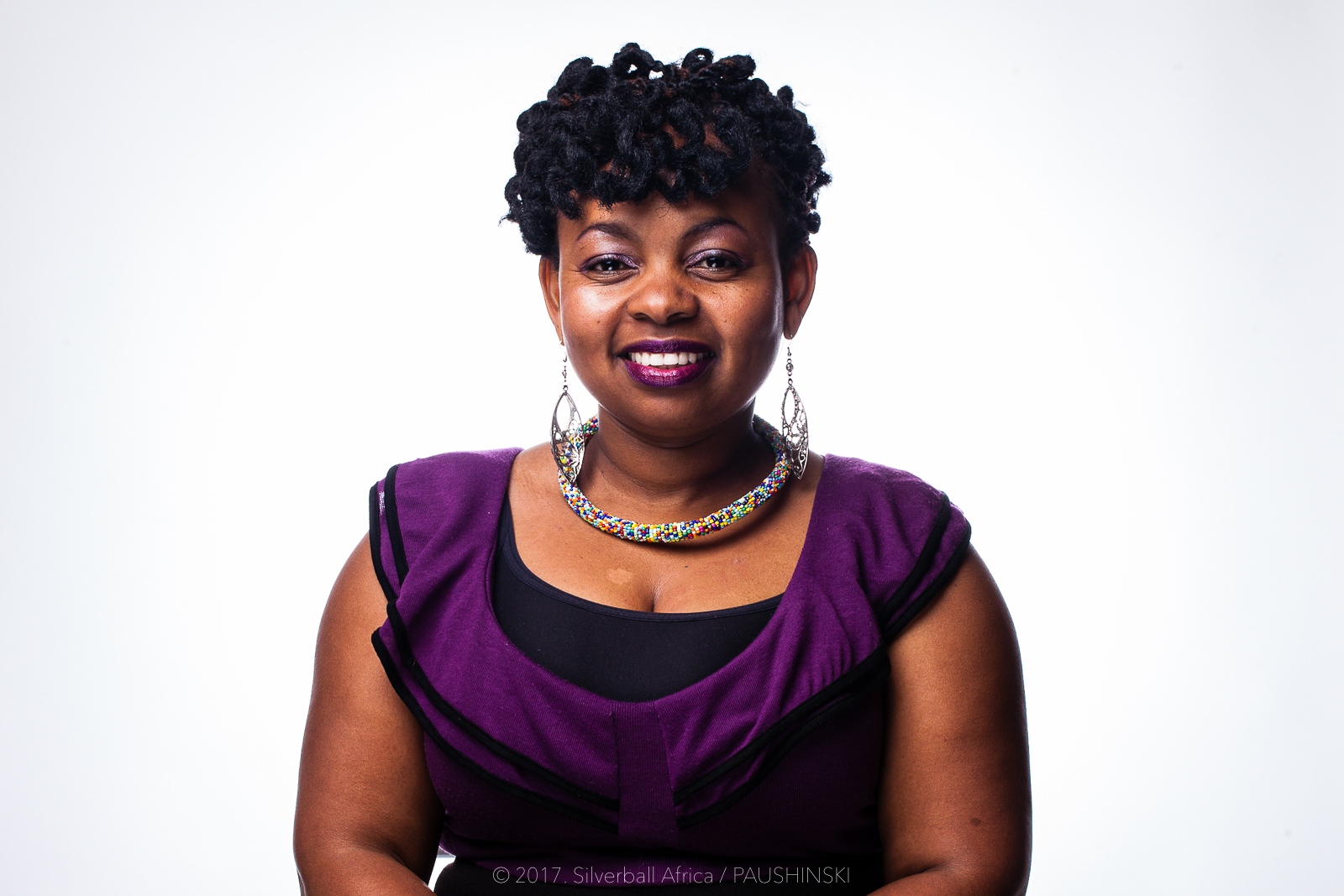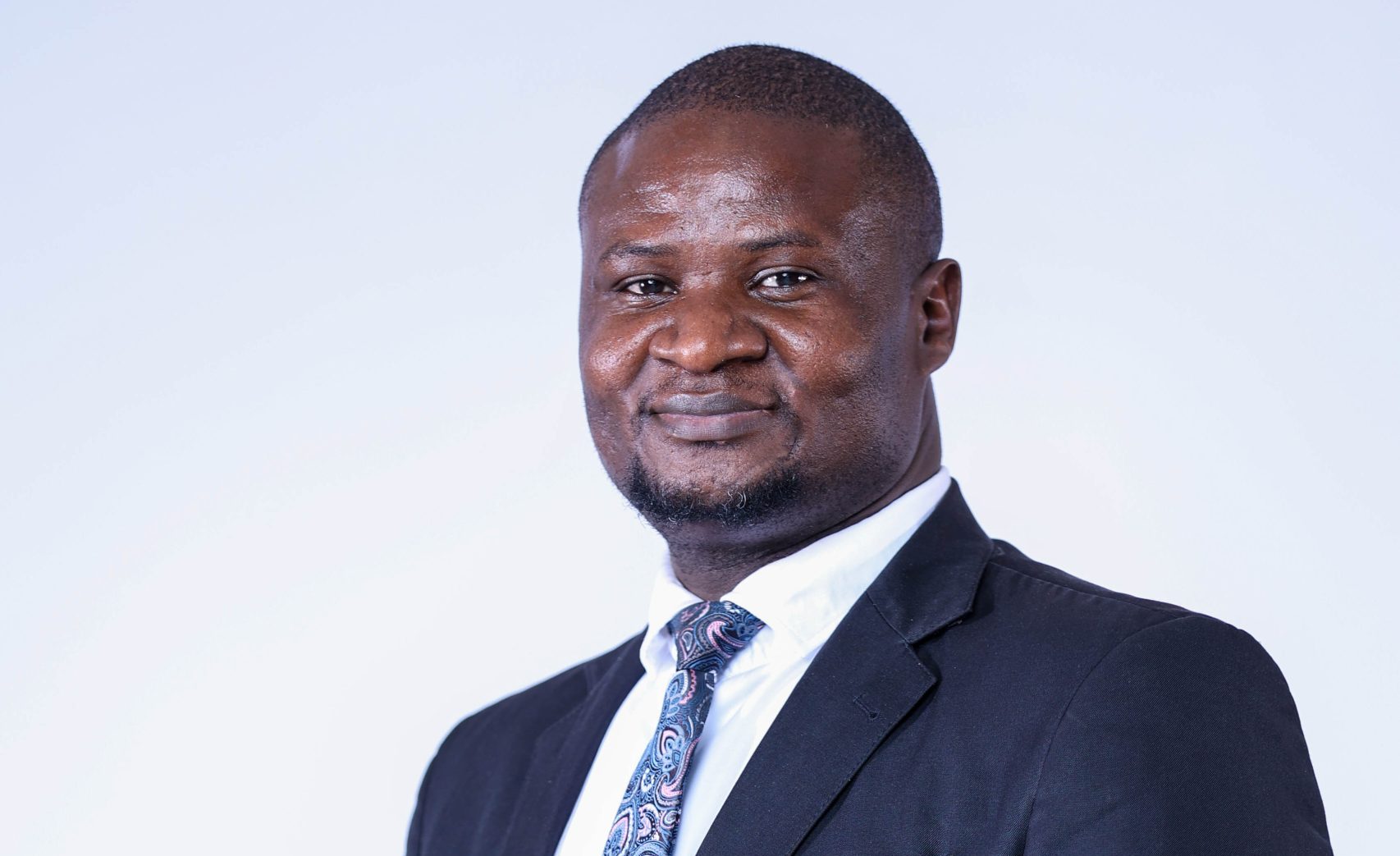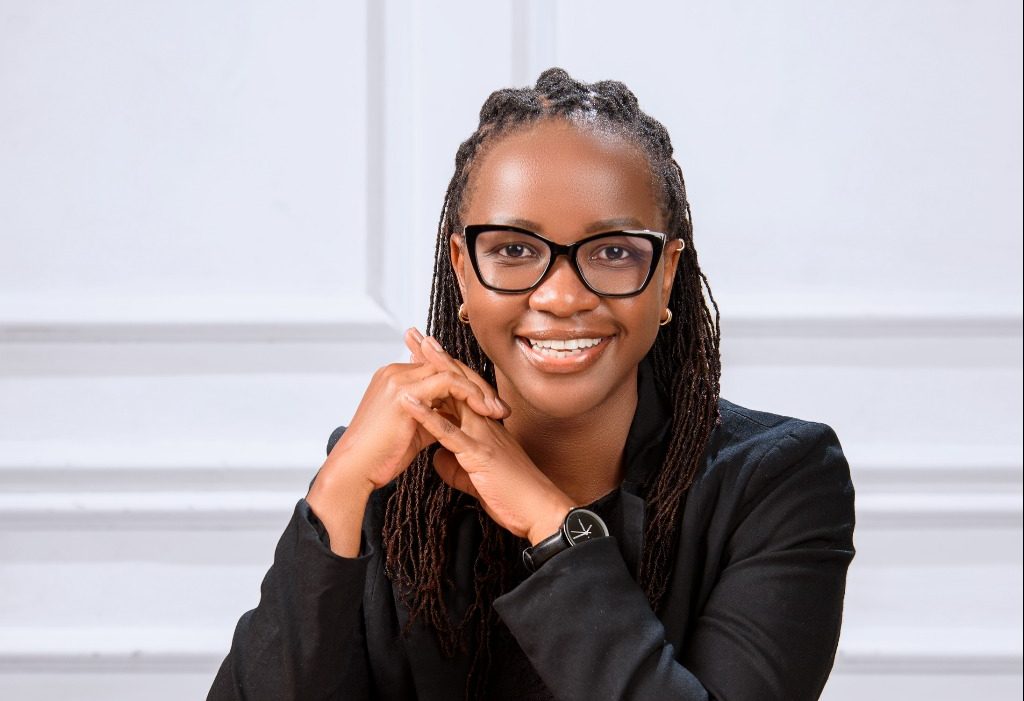Our Comms Spotlight for this week is a podcast host who is passionate about Public Relations solutions that speak volumes and cross muliple borders. Chris Wangalwa holds the helm of affairs at the Africa Strategic Communication Hub and the Centre for Public Relations. In his interview with us, he shares the similarities between Communications and Performing Arts as well as career lessons that have guided him in his professional journey.
What does your role as Director of the Africa Strategic Communication Hub (ASCH) entail?
Currently, my responsibilities as Director of the Africa Strategic Communication Hub encompass a broader scope than any single job description can capture. This is because we are a startup with a hugely ambitious vision: building a virtual “city” or “airport” for Strategic Communication in Africa, with minimal reliance on physical infrastructure.
Imagine a major intersection where crucial communication routes converge, facilitating efficient and effective communication. As Director, I have the privilege of leading this ambitious vision into reality. My role involves spearheading the knowledge department and supporting the product development wing. I also host the PR Safari podcast, which aims to bring together leading voices to discuss insights, lessons and stories from the industry, particularly focusing on the African continent.
Tell us how your journey in Communications began and how you have grown professionally over the years.
My communications journey was shaped by diverse experiences, not solely focusing on communications itself. My background lies in the performing arts. For fourteen years, I practically honed my skills as a creative writer and director.
In the performing arts, we craft fictional narratives interwoven with real-life elements, shifting from one genre to another. The goal is to captivate the audience and provide entertainment. This process demands extensive research, critical thinking and understanding of human psychology, which I consider the foundation of my current communications practice.
In college, I was in student leadership serving as Director of Entertainment and Communication, at a time when I was pursuing a diploma in Social Work. Interestingly, it is from social work that I acquired foundational knowledge in participatory communication, co-creation and closer administration. I was also fortunate to have friends and family members in both the performing arts and communications fields.
In a way, I followed the path laid out by my late older sister. She began as a performing artist, which I mirrored. She then completed a bachelor’s degree in Communication and Public Relations at Moi University. I subsequently followed suit. I am lucky to have mentors and guardian angels, one of whom significantly influenced my decision to pursue communications. Through his networks, I landed an internship at a Strategic Communications agency in Kenya, where I steadily progressed through the ranks.
With Politics and Public Service running deep in my family lineage, navigating public affairs and networking came naturally. But my career trajectory shifted after the impact of Covid-19. During the lockdown, I discovered the inner workings of business development, leading me to collaborate with an impressive number of agencies and organisations, absorbing new, unique philosophies that equipped me with range.
I was invited to provide critiques of business models, participate in discussions to refine communications strategies, assist with high stakes business development efforts, handle some of the most critical accounts and/or help upskill communications teams in specific areas. I have also served as an independent Communications Consultant, leading a small team which proved both rewarding and demanding.
Finally, in December 2022, we established the Africa Strategic Communication Hub (ASCH) limited. This venture has become our professional playground, where we actively test, experiment, scrutinise our own products and celebrate the team’s efforts in dining with danger. Before taking this step, I prayed to God to help me find a good course that will shape my way of leading. So I pursued masters in Knowledge Management and Innovation.
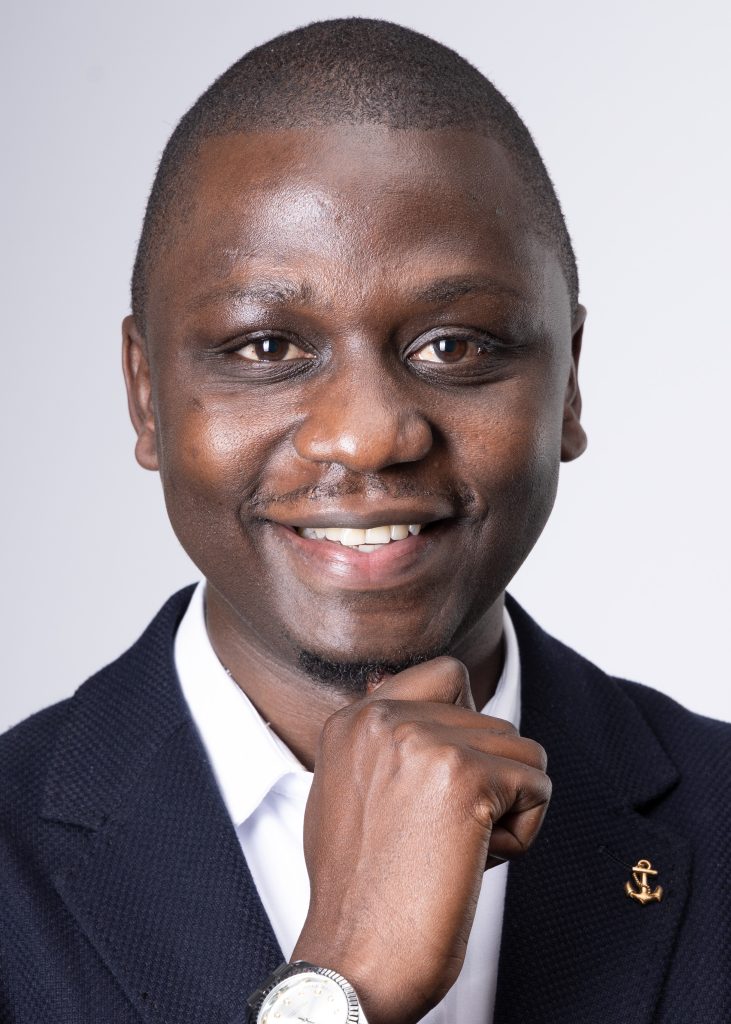
In your experience, what are the benefits of belonging to professional bodies such as the Public Relations Society of Kenya (PRSK)?
A society like PRSK stands as a bustling community of practice. It offers a dynamic platform for networking and fosters a strong sense of identity for its members. But just like any other community, opportunities unfold only when individuals engage with it strategically.
It is from PRSK that we get to pick members’ thoughts and begin the process of product development. We also get to scout our podcast topics as well as guests. Unfortunately not all members necessarily gain as much as we do.
Can you share some highlights you’ve experienced in your career journey?
I take pride in leaving a positive mark on every organisation I am involved with. I thrive on the challenge of tackling complex tasks and possess a deep passion for strategy, innovation and creativity.
Mmh, where can I start… There is this firm that entrusted me with their most critical account. They had already achieved a commendable 300% increase in positive impact, but felt exhausted by the end of the year. I was brought in to lead the account. Under my leadership, the impact skyrocketed to 2,049%.
During my time as a junior consultant, my boss remarked in an appraisal, “Chris, if you accomplished all this on your own, you have seriously undersold yourself. Please revise your appraisal to accurately reflect your achievements”.
You see, in our industry, Public Affairs typically operates at a more senior level, but I managed to secure an impressive 17 high-level public affairs engagements for a client within a single month. My most significant accomplishment to date is the establishment of the Center for Public Relations (CPR). While technically a subsidiary of the Africa Strategic Communication Hub, it is ‘a place where PR and communication management players in Africa gather to exchange new knowledge.’
Can you share some lessons and ideals that have shaped you into the professional that you are today?
i. It doesn’t matter how old one is. If you are meant for it, you are.
ii. You can only get better by translating curiosity into action. When you do the same thing forever, that’s stagnation, not experience.
iii. Take a course in another industry. That way you get to see your career from a different perspective.
iv. Leave that desk. Go meet people. That’s how you learn. That’s how you grow.
v. Break the norms; do not be afraid to burn your fingers.
vi. Ask, and it will be given to you; seek, and you will find; knock, and the door will be opened to you. But you have to put in the work first.
What advice do you have for upcoming professionals looking to make a mark in the industry?
Dear budding Communication Professionals, our industry needs its own direct innovation. Many times, we confuse the terms creativity and innovation. To drive innovation forward, we must invest in understanding our current state. There is much to comprehend, but the beginning is always a good place to start.
I believe there are four categories of entities and resources involved in strategic communications:
1. In-house: Communications professionals within organisations.
2. Consultant/Agency: External firms or individuals contracted for communications services.
3. SaaS: Software platforms used for communication purposes.
4. Academia: Researchers, scholars and educators contributing to communication theory and practice.
Consultants/agencies may have in-house employees who work directly for them, providing expertise and services to clients. SaaS companies too often have in-house teams responsible for developing and maintaining their software platforms. Same applies to academia, which may have in-house researchers, scholars and educators contributing to the field of communications. All can also have individual consultants agencies.
Keep in mind that to institutionalise innovation, you need academia as a department. So embrace academia even as you practice. Embrace research and development even as you practice. Embrace continuous creation, leveraging existing knowledge as a springboard for fresh discoveries.

